Literature- why bother with it?
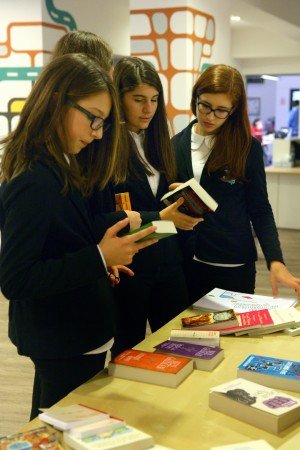 Stories have played an important role in the development of human societies. The oral tradition exists in all cultures, and rhymes, songs and traditional stories have been passed down the generations throughout the whole of human civilisation.
Stories have played an important role in the development of human societies. The oral tradition exists in all cultures, and rhymes, songs and traditional stories have been passed down the generations throughout the whole of human civilisation.
Aside from the pleasure that a good story brings, there are sound pedagogical reasons for including stories in the 21st Century curriculum. In the English as a foreign/second language classroom, stories are recognized as a means of motivating children to an appreciation of the target language, but the question is this: in this world of easy-access, quick-thinking, fast-talking, risk-taking, on-the-spot decision-making, where do stories fit in? Our world is now one where everything and everyone is judged, quickly, and the click of a mouse. Do much loved and cherished stories still have a place in this world?
I argue that yes, the story is an important component in any curriculum, and that literature should be integrated into each and every year a child spends in school.
Whilst developing a love of reading is an important outcome of a literature programme, it is by no means the only way that literature enhances education. The pleasure that recreational reading can provide is just one of its hidden powers.
By reading, a child can visit places, meet new people and gain experiences. They can learn about the past, and in the present can learn about far-flung places. They can also learn about the future, as I did as a child with a father who was an avid reader of science fiction. (I am still waiting for the hover-cars and silver jump-suits, by the way!) Common goals and human feelings are found regardless of time and space, and literature enables readers to experience the lives of others.
Good literature also exposes children to standard grammar structures and a wide vocabulary. Second language English learners improve their English almost effortlessly by being read to, and reading for themselves, benefitting from the rich vocabulary that is woven into stories and poems.
Thinking skills are developed through reading, too. Discussions about literature bring out reasoning related to sequence; cause and effect; character motivation; predictions; visualization of actions, characters and settings; critical analysis of plot and creative responses. This is not just a part of more advanced study, but can be a part of very early learning.
Hearing a story read aloud hones listening skills, and discussion allows children to express their thoughts, feelings and reactions. When students read literature, they are practicing their comprehension skills in meaningful situations. Young writers are able to use different genres of writing as models for their own work, and literature can be a springboard for drama.
By finding out about the problems of others in books, children can receive valuable insights into dealing with their own problems. This process is called bibliotherapy. Children can also gain self-esteem by seeing characters who deal with things that they themselves are facing, and learn to empathise with others whose experiences are far beyond their own lives.
Denise Trickett, Head of Avenor International High School


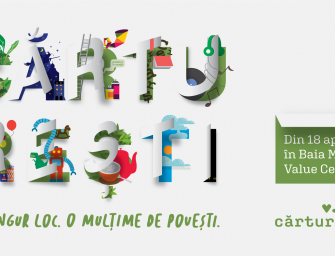
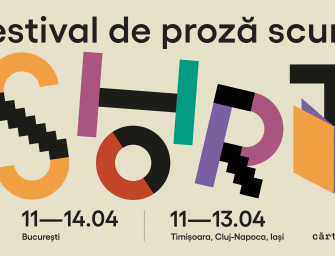


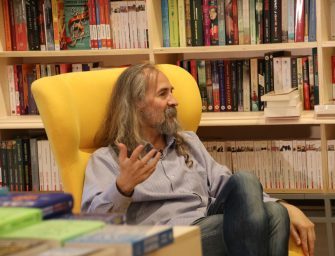
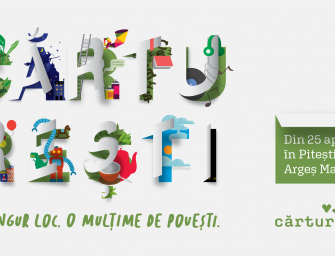
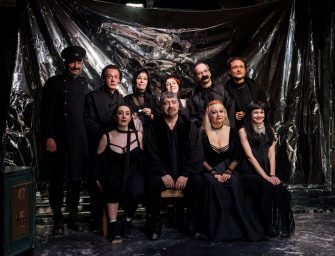

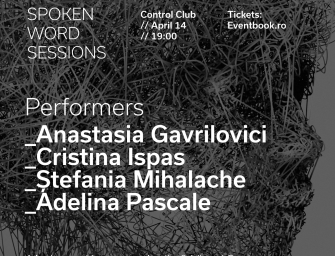
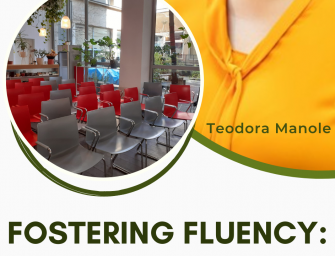
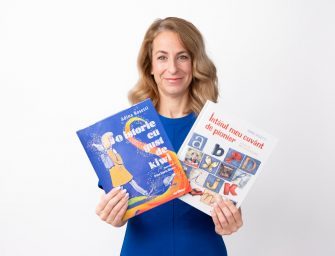
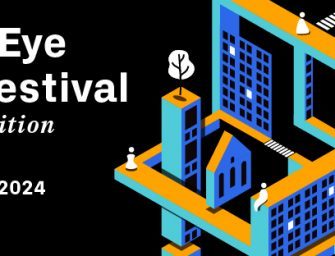

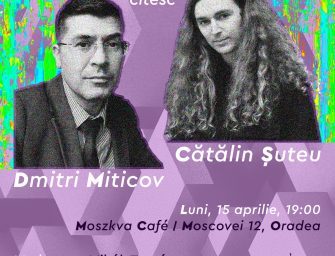
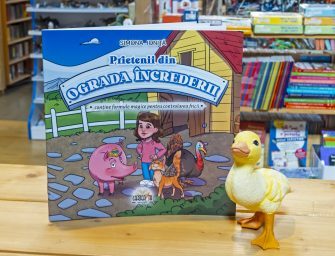
There are no comments
Add yours